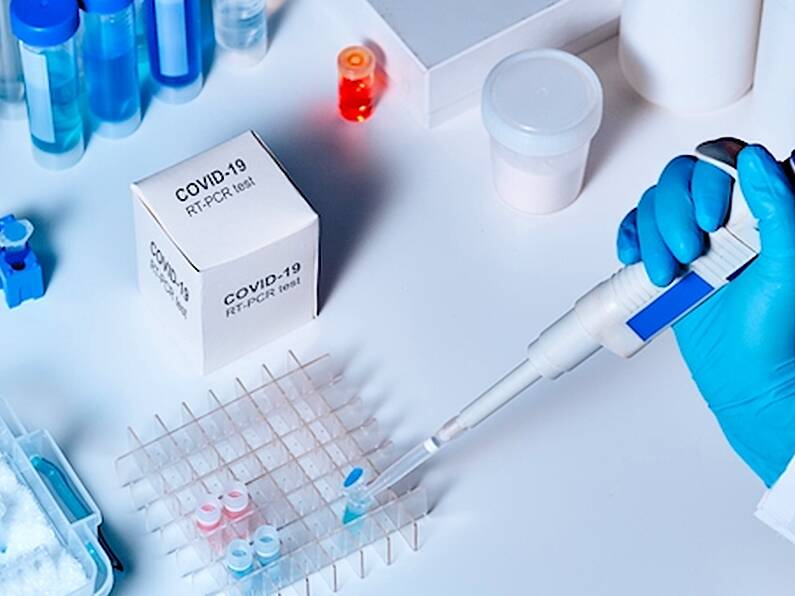The Health Information and Quality Authority (HIQA) has advised that validated rapid testing in Ireland should be considered to enhance Covid-19 prevention and control.
HIQA today published a rapid health technology assessment (HTA) on alternative tests to detect SARS-CoV-2, the virus that causes COVID-19.
At present, rRT-PCR is the reference standard for diagnosis of current infection with SARS-CoV-2 in Ireland.
The National Public Health Emergency Team (Nphet) requested HIQA to carry out a rapid health technology assessment of alternative tests and approaches to rRT-PCR.
They said based on the scientific literature, international recommendations, and input from the Covid-19 Expert Advisory Group, HIQA advised Nphet that it is not possible to provide an across-the-board endorsement of specific technologies due to variation in performance of individual tests.
Dr Máirín Ryan, HIQA’s director of Health Technology Assessment and deputy chief executive, said:
“The evidence shows that effective testing strategies rely on a portfolio of tests, using different technologies that can be applied in different settings and situations. There is no single test that is suited to all contexts.
“While testing people at or near the point of care, including with the use of rapid antigen detection tests, has the potential to expand test capacity, reduce test turnaround times and improve access, such tests typically show reduced diagnostic accuracy compared with the current test.
"Therefore, depending on the circumstances, results from a rapid antigen detection test may need to be confirmed with the current rRT-PCR test.”
Alternative approaches
Dr Ryan continued: “Clinical validation studies help determine the real world performance of tests. Before any new test is implemented, it is crucial that these studies are undertaken in Ireland in the settings for which use of the test is planned."
"Adopting alternative approaches to laboratory-based testing needs to involve consideration of clinical performance (sensitivity and specificity), disease prevalence, turnaround time and ease of use, all of which will inform the selection of the most appropriate test for each setting.
“The introduction of testing at or near the point of care must be within the context of a supporting quality management system."
She said along with the adoption of accurate and reliable rapid tests, a system like that would "support the quality assurance, governance, training and reporting requirements essential to ensure the ongoing safety, validity and reliability of the testing service."






